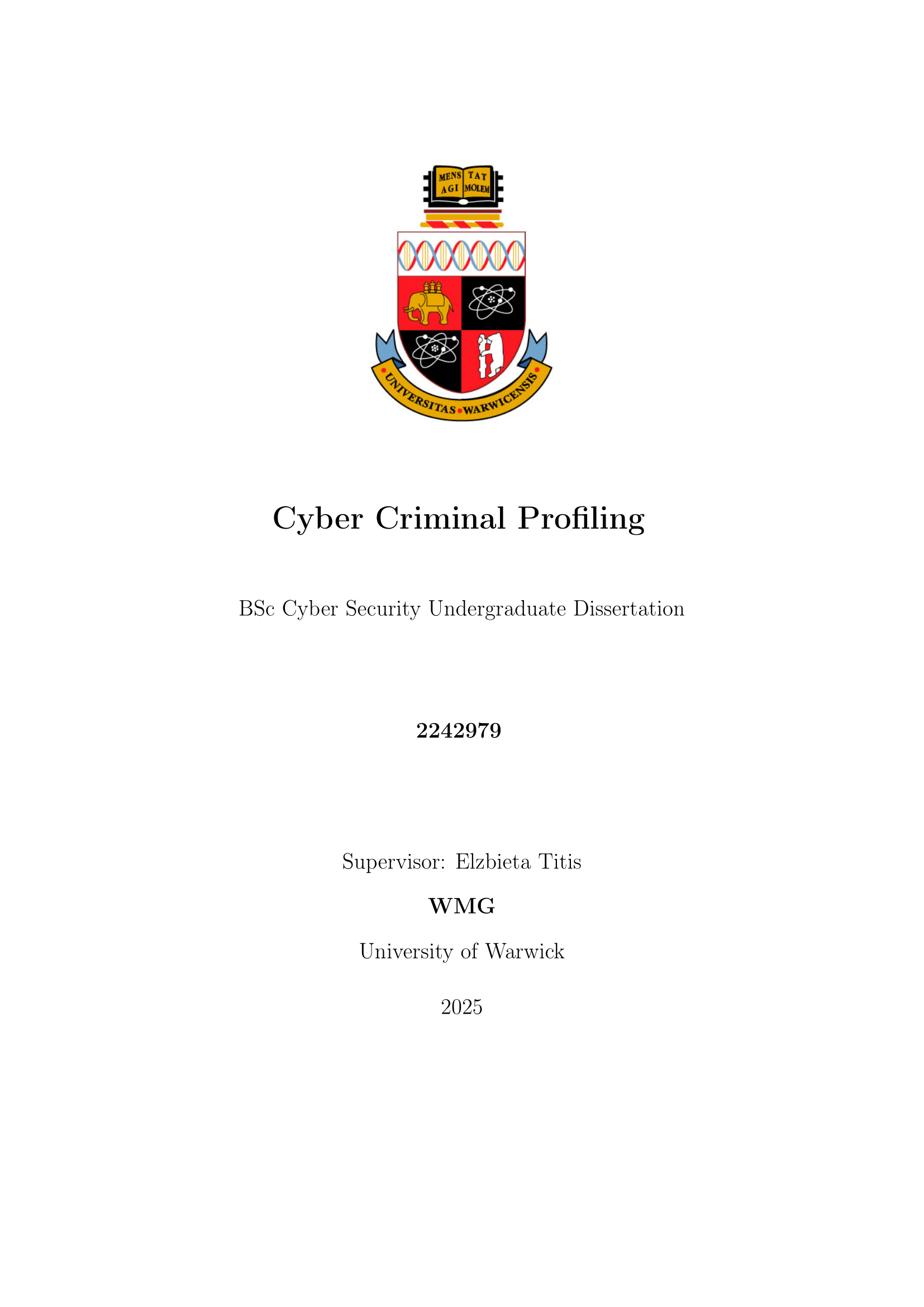Abstract
Cybercrime Profiling is crucial for understanding and combating always
evolving cyber threats, yet current cyber methodologies face challenges
in standardisation, resource demands, adaptation to modern cyber crime.
This research study investigates the strengths and limitations of current
profiling frameworks through scoping literature review and analysis of
real-world cyber crime trends. Key findings reveal the lack of empirical
validation, struggle with data quality dependencies, have separate tax-
onomies making collaboration difficult. The increasing number of social
engineering attacks like phishing and vishing highlights the need for more
flexible profiling methods.
Inspired by already existing methodology and building onto it, this
study proposes a framework addressing the limitations by including a ded-
icated Social Engineering Analysis section, motivation-centric behaviour
taxonomy and standardised modular reporting. This proposed framework
was tested against a vishing attack, demonstrating, how the framework
is able to map out the attackers motives and technical indicators using
MITRE ATT&CK tactics and techniques. Results highlight the frame-
work’s structured abilities to collect evidence, use deductive and inductive
profiling.
In order to combat modern cyber crime, this study highlights how vital
standardised profiling methodologies and empirical validation is. Future
research should prioritise implementing a larger scale of empirical valida-
tion and take advantage of AI-driven tools widely available for pattern
recognition. This project aligns with the following CyBok Skill: Adver-
sarial Behaviours.
Keywords: Cyber Profiling, Cyber Crime, Social Engineering Analysis,
Framework Adaptation, Threat Intelligence.
Grade: 1
Mark: 74%
